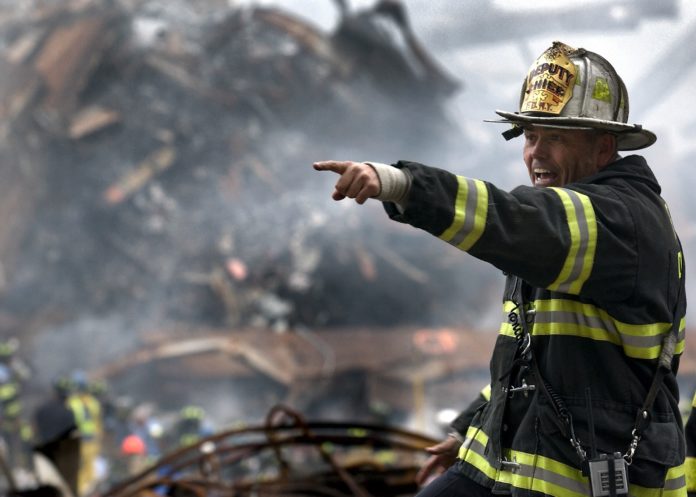Guests: Chad Ayers and Andy Sexton of ProActive Response Group.
ProActive Response Group’s founders are well-trained veteran SWAT team leaders, with first-hand experience in hostage rescues and high-risk dignitary protection. Since 2015 ProActive Response Group has trained thousands of individuals how to Survive violent encounters in their workplace, schools, and places of worship. They have trained Fortune 500 companies, Universities, and small locally owned businesses. Chad and Andy founded the company with one goal, saving lives!
Sponsors: Haynesworth Sinkler & Boyd; https://www.hsblawfirm.com
Standout Quotes: “You wouldn’t want the weight of responding to an emergency to rest only on the shoulders of HR.. or one department..it’s got to be a shared responsibility if you hope to succeed in responding to an unforeseen emergency”
Key Takeaways:
❏ Organizations need to be prepared for everything you can think of, be it a natural disaster or man-made.❏ There is usually an assumption by new HR personnel or leaders that there are things in place for emergencies but in many cases these plans are outdated.
❏ It is important to note that occurrences of workplace violence are mostly associated with current or former employees rather than random strangers from nowhere.❏ Focusing on the long-term effects; “Once the yellow tape comes down and you’re back open for business, mentally, how many of your staff can walk back into that facility after witnessing such a horrific event?”
❏ The first step if you don’t have an emergency response plan is to create a safety committee or emergency response team with a representative from every aspect of your business. This would be the first team to be activated in an emergency.
❏ Key Components of an Emergency Response Plan: Recognizing the emergency early, Dealing with the immediate aftermath of the emergency, and then addressing the effects 3 months after, 6 months after, and a year after the incident.
❏ In an emergency, a certain degree of calmness is required and this occurs mostly when the response plan has been rehearsed over time. Humility in getting an outside overview is important with regards to the emergency plan because in an organization there is a level of tunnel vision and as such, several aspects may be overlooked.
❏ Concerning relatives or close workers of those directly affected, critical steps to plan for include having designated people from the office to deliver news, knowledge of religious preferences, dealing with the media, and trauma counseling.
❏ Chad notes that based on statistics, workplace violence is on the rise.
❏ The challenge to HR leaders: Look at the emergency book, review it and send a message out to everyone in your organization reminding them of one aspect of the emergency response policy that hasn’t been discussed in the last 12 months.
Episode Timeline:
[00:52] Meet our guests for today, ‘Chad Ayers’ and ‘Andy Sexton’, who help prepare organizations for disaster.[03:04] What are some of the things in your experiences that organizations need to be prepared for? [05:33] Discussing the long and short-term impacts of a workplace violence issue. [10:20] What advice would you give an HR team on how to manage an emergency response plan after creating one?[11:55] Key Components of an Emergency Response Plan [21:43] What team deals with the family and close co-workers of people that are severely or fatally wounded? [30:11] How to get help with your Emergency Response from Andy and Chad.(Website – proactiverg.com) [30:29] For employment lawyers or business lawyers in general, contact Haynesworth Sinkler & Boyd (www.hsblawfirm.com)
To Listen to the full podcast, click below:








